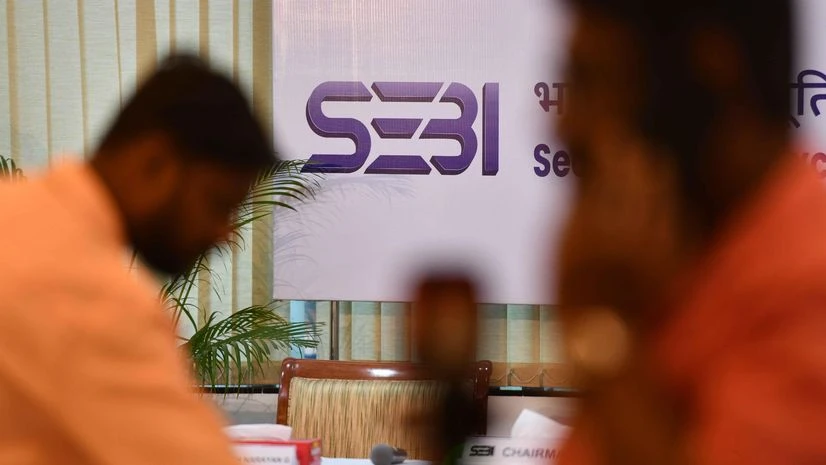Jane Street has not resumed trading in futures and options (F&O) since the Securities and Exchange Board of India (Sebi) lifted the bar imposed on July 3, said Tuhin Kanta Pandey, the regulator’s chairman, in an interview with BusinessWorld.
Pandey said that Sebi and exchanges are maintaining “aggressive surveillance” of the market since the regulator’s order against the US-based trading company. He defended the decision to impose only a temporary ban on the company, noting that a permanent one without a show-cause notice or a final order would be “arbitrary and legally unsustainable.”
Sebi lifted Jane Street’s trading ban after the firm deposited Rs 4,844 crore in an escrow account and gave an undertaking to refrain from manipulative or fraudulent trading.
Addressing concerns about market surveillance, Pandey said, “Technology is evolving at a breakneck pace, and no regulator can claim to be superhuman. The Jane Street case highlighted the need to upgrade our surveillance systems, and we’re actively doing so.”
He added that Sebi has introduced new surveillance parameters and is exploring tools that use artificial intelligence to spot anomalies in F&O trading, including unusual delta exposures or spikes in out-of-the-money options. Sebi is also open to external expertise to keep pace with sophisticated market participants.
Also Read
“Staying ahead of HFT [high-frequency traders] is a cat-and-mouse game, and we’re committed to evolving dynamically,” he said.
Sebi’s ex-parte interim order on July 3 directed the impounding of alleged illegal gains from market manipulation, specifically on index expiry days.
“Our jurisprudence doesn’t allow us to treat someone as guilty without due process. The $597 million deposit is a strong signal — unprecedented in itself — that Sebi means business. We’re not here to play hero; we’re here to build trust through consistent, lawful regulation,” said the Sebi chairman.
He clarified that Jane Street was compliant with foreign portfolio investor (FPI) regulations, including disclosures of ultimate beneficiary ownership for stakes above 10 per cent. “Their trades in F&O don’t involve equity ownership,” Pandey noted.
The July 3 order was based on surveillance reports provided by the NSE. Sebi has since broadened its investigation to include other indices and trading strategies.
Addressing questions about potential data delays from the BSE, Pandey said, “I wasn’t aware of specific delays in BSE’s data sharing, but I’ll verify this.
The Jane Street order focused on the manipulation evidence we already had, primarily from our surveillance and NSE data, which was sufficient for the interim action.”

)